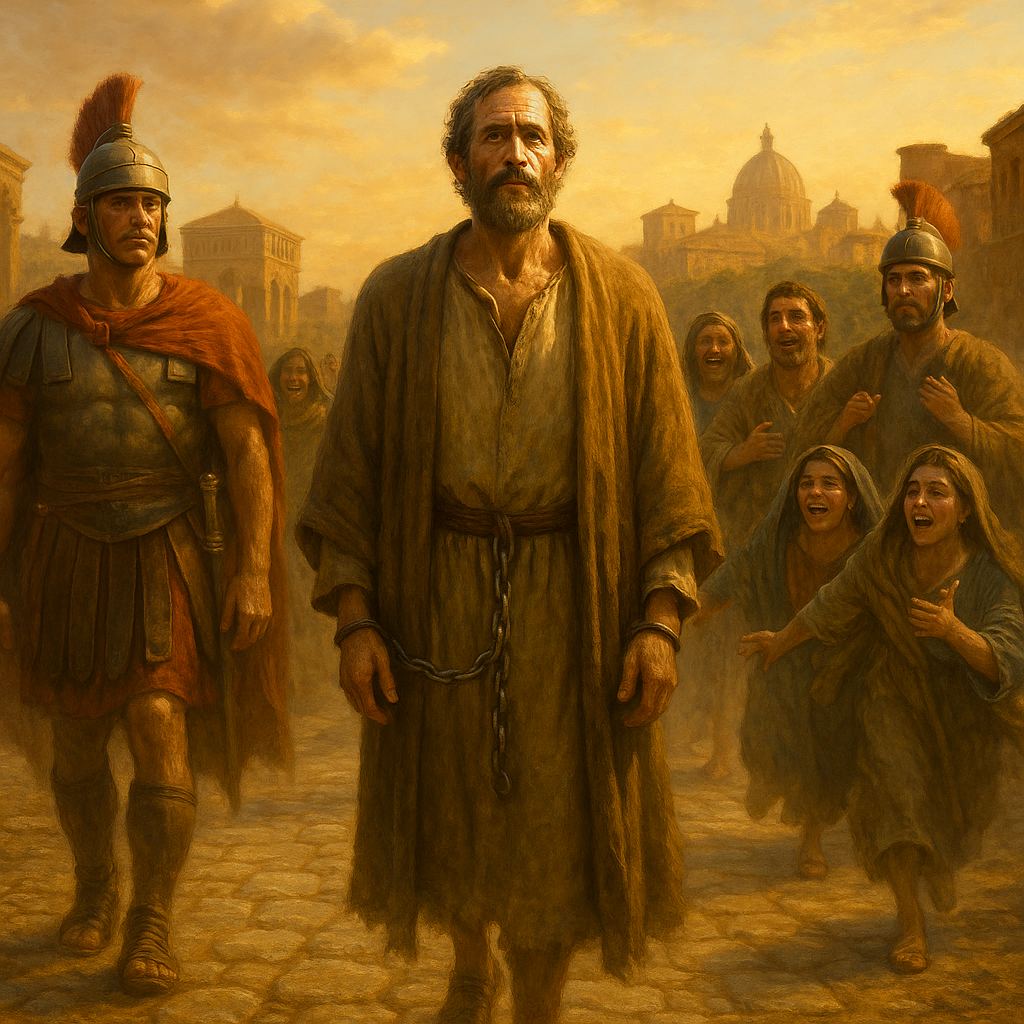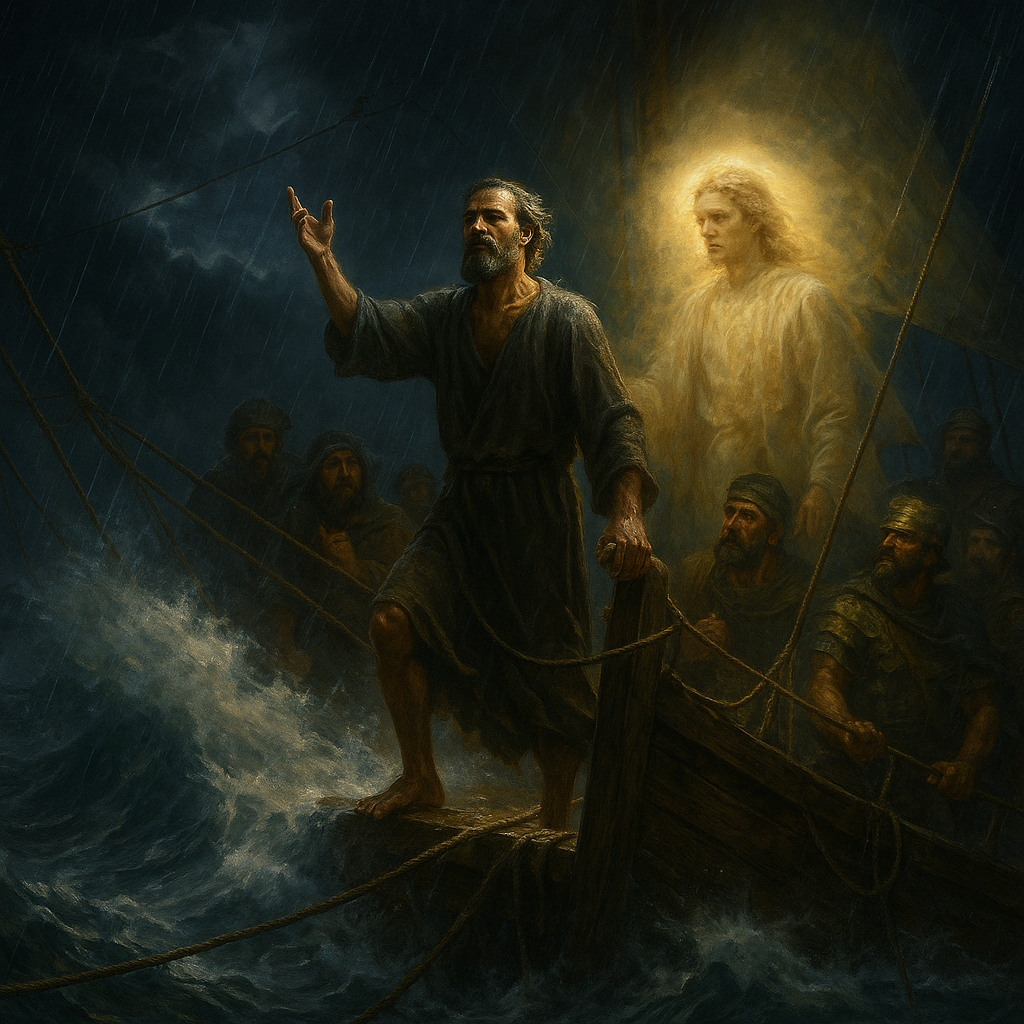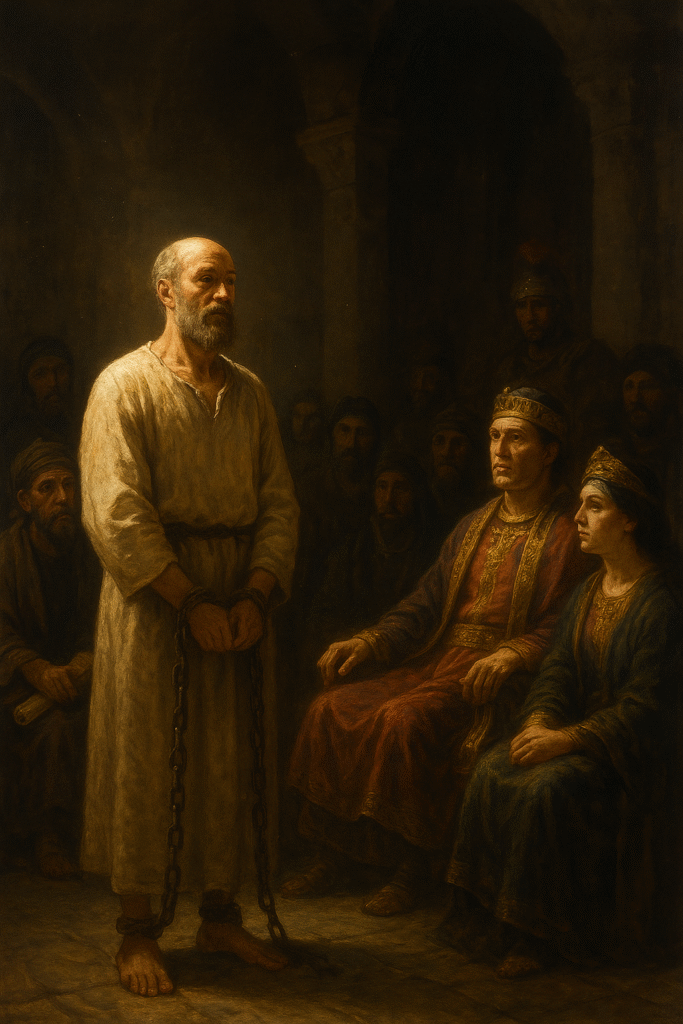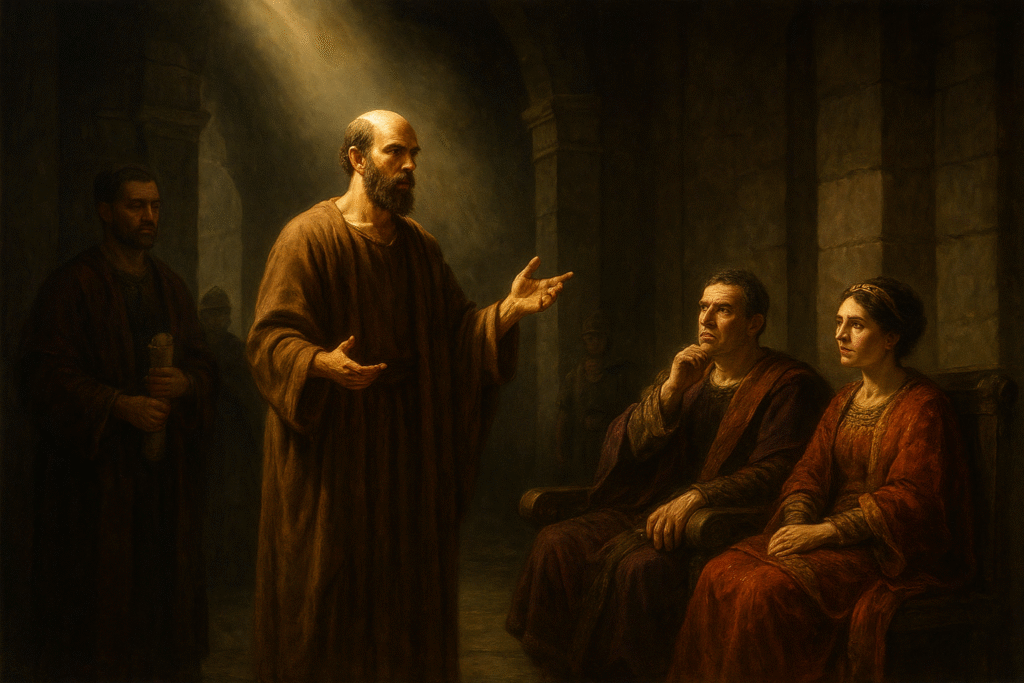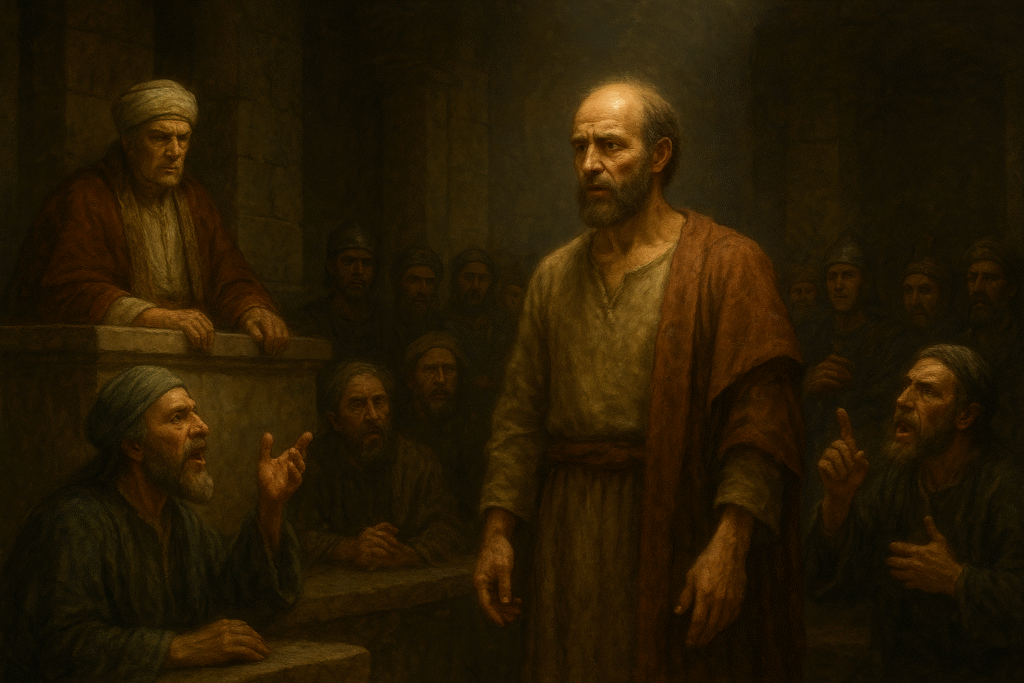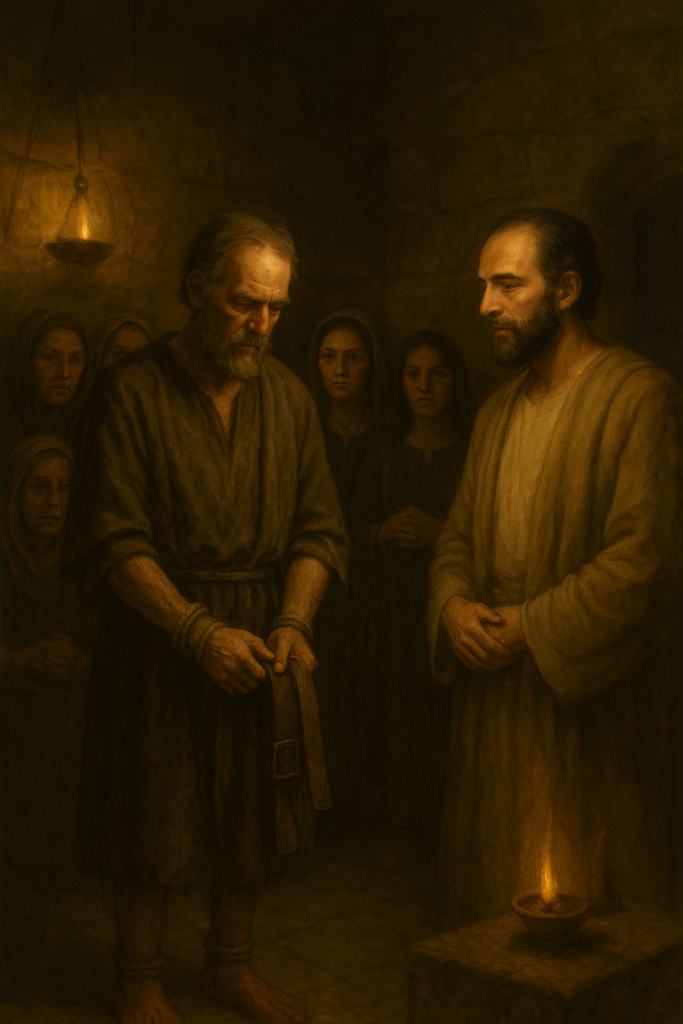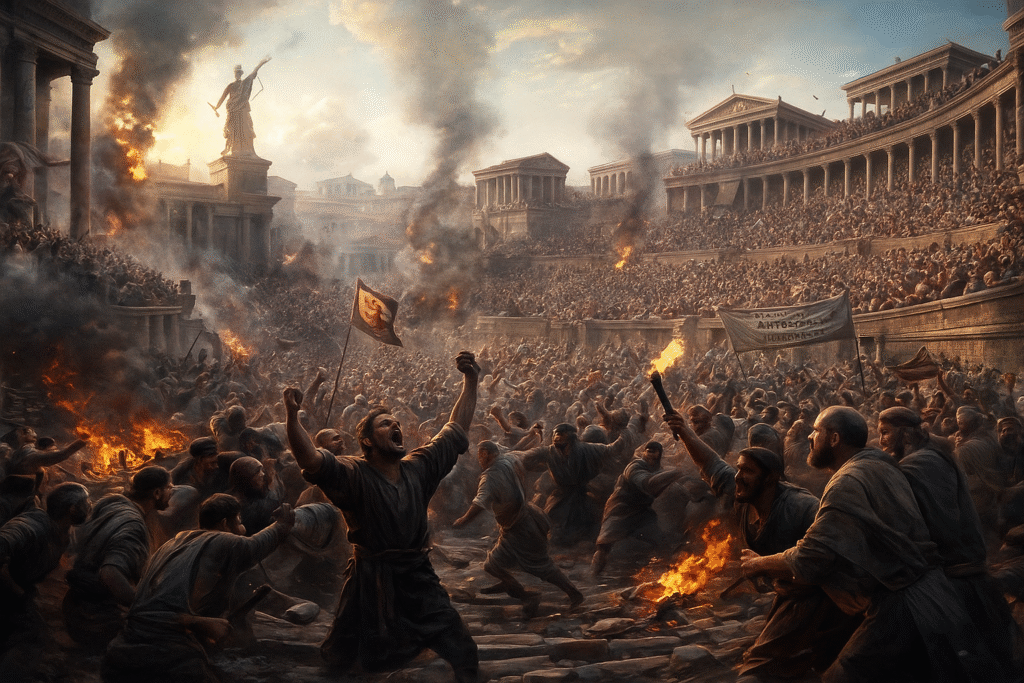Acts- To the Ends of the Earth- Day 28
Acts 28- To the Ends of Rome We have reached the last chapter of Acts, and what a journey it has been. From Jerusalem to Judea, Samaria, and finally to the ends of the earth, we have watched the gospel leap over borders, cultures, storms, prisons, and human resistance. And now, in Acts 28, we watch Paul arrive exactly where God said he would, Rome , even though everything around him seemed determined to stop him. Shipwreck Survivors and Island Grace After barely surviving the storm of Acts 27, Paul and the other 275 passengers wash ashore on Malta. Luke says, “The native people showed us unusual kindness” (Acts 28:2).Isn’t it beautiful that after a season of violent storms, God often lets us land in a place of kindness? Things escalate when a viper fastens onto Paul’s hand. The locals assume justice has caught up with him, but when Paul shakes the snake off and remains unharmed, they switch their opinion and think he is divine (Acts 28:4–6).Of course, Paul isn’t divine. But the God he belongs to is. This becomes even more evident when Paul prays for Publius’s sick father, “and healed him” (Acts 28:8). Soon, the whole island begins bringing their sick to him. Malta becomes a place of healing — a reminder that even detours are divine appointments. On to Rome — Just as God Said After three months, Paul boards another Alexandrian grain ship marked with the symbols of Castor and Pollux, twin gods who supposedly protected sailors. How ironic — the real protection on that vessel was the presence of a man carrying God’s word. They stop at Syracuse, Rhegium, and then reach Puteoli, where Paul finds believers — proof again that the gospel had run ahead of him (Acts 28:14). When Christians from Rome travel miles to meet him at the Forum of Appius and Three Taverns, Luke writes tenderly, “On seeing them, Paul thanked God and took courage” (Acts 28:15).Even the strongest leaders need the ministry of presence. Community matters. Encouragement matters. People matter. Paul’s Final Ministry Moves Paul is allowed to stay in his own rented home under guard — a privilege showing both Roman respect for him and the kindness of believers (Acts 28:16). His first meeting is with the Jewish leaders. He explains why he’s in Rome and assures them he is not their enemy. He testifies to “the hope of Israel” ; the Messiah, proven through the resurrection (Acts 28:20). They schedule a day to hear him, and here we see Paul doing what he has done in every city for decades: “From morning till evening he expounded to them… trying to convince them about Jesus both from the Law of Moses and from the Prophets.”— Acts 28:23 Some believed. Others refused.This has been the rhythm of Acts, the gospel advances, even through resistance. Paul quotes Isaiah 6:9–10 to explain their hardness of heart, then announces the news that has shaped church history ever since: “This salvation of God has been sent to the Gentiles; they will listen.”— Acts 28:28 And with that, Luke closes the book: “Paul lived there two whole years… proclaiming the kingdom of God and teaching about the Lord Jesus Christ with all boldness and without hindrance.”— Acts 28:30–31 Without hindrance.Though in chains, Paul’s message ran free. And for nearly two thousand years, it still has. Acts began with a handful of disciples in an upper room. It ends with the gospel being preached in the empire’s capital. Nothing — not storms, snakes, courts, mobs, prisons, or chains — could hinder the plan of God. Acts ends, but the story doesn’t.We are the ongoing chapters.We carry the same Spirit.We proclaim the same Christ.We walk in the same boldness.We serve the same unstoppable God. PrayerFather, thank You for bringing us through the entire book of Acts. Thank You for showing us Your power, Your providence, Your faithfulness, and Your heart for all people. As Paul reached Rome by Your sovereign hand, help us reach the places You have appointed for us. Give us courage in storms, compassion in ministry, and boldness in witness. Let our lives reflect the same fire of the early Church. Make us living testimonies that the gospel cannot be chained. In Jesus’ name, Amen.
Acts- To the Ends of the Earth- Day 28 Read More »

